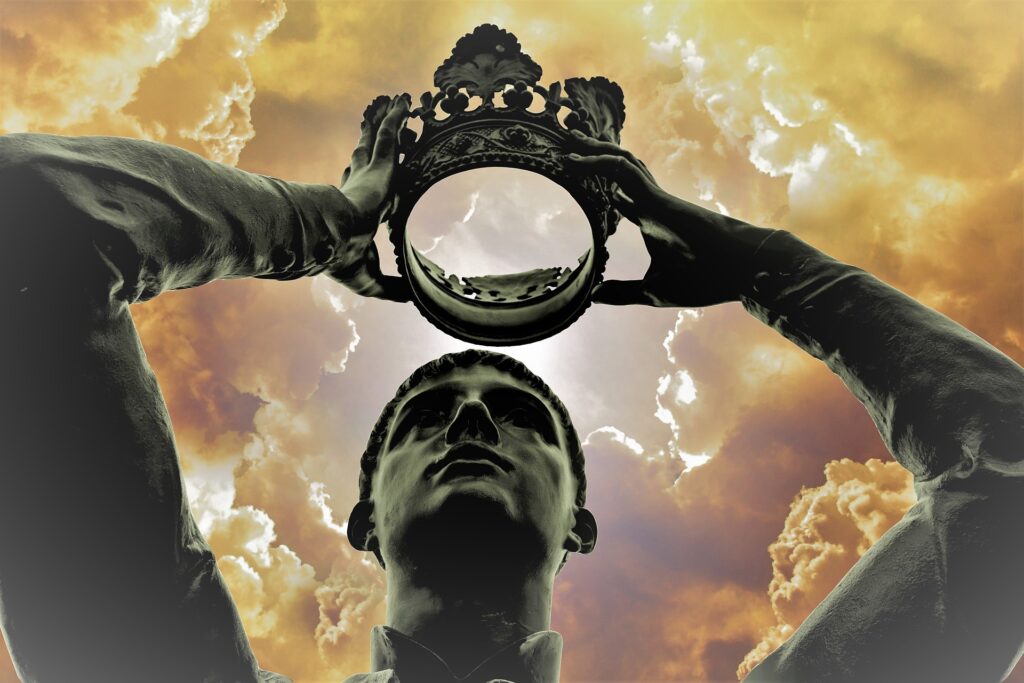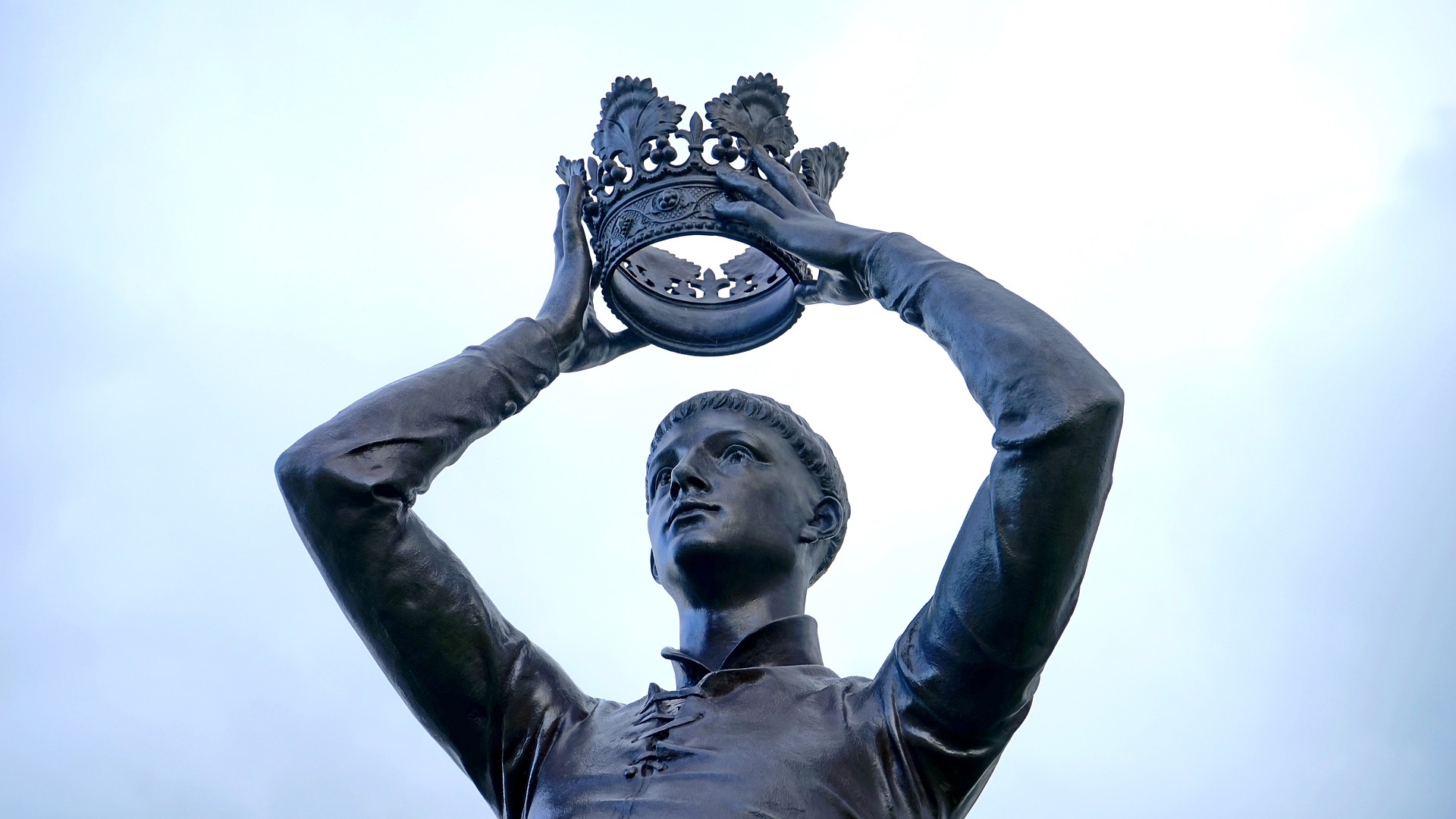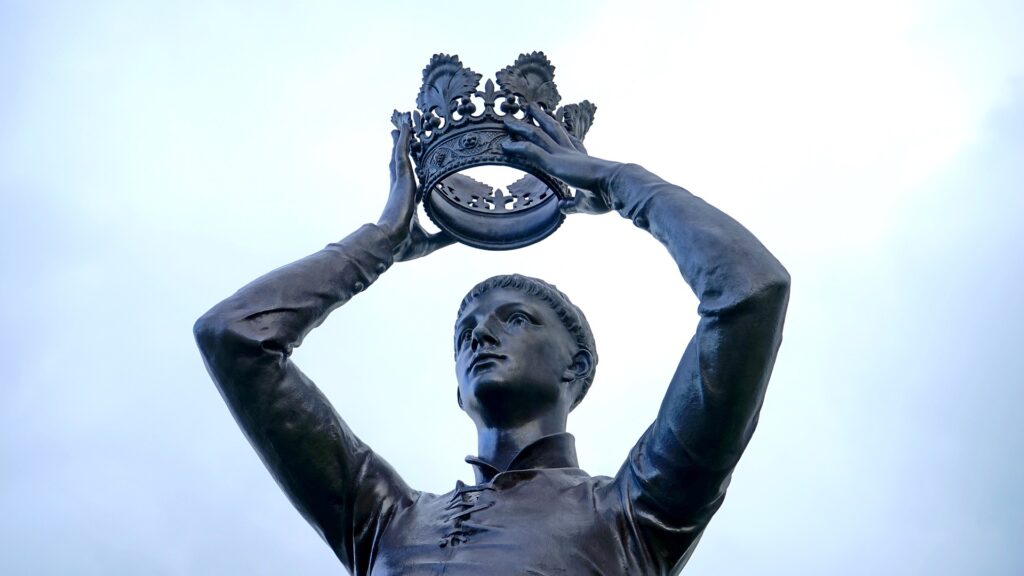Discuss the role of fate and destiny in King Lear. How does Shakespeare depict the idea of predestination and the inevitability of events unfolding in the play?

Role of Fate and Destiny in King Lear
In William Shakespeare‘s tragedy “King Lear,” the theme of fate and destiny plays a significant role in shaping the events and outcomes of the play. Shakespeare explores the idea of predestination and the inevitability of events unfolding, highlighting how the characters’ actions and decisions are influenced by a higher power. Through various elements such as prophecies, foreshadowing, and the manipulation of cosmic forces, Shakespeare presents a world where fate and destiny hold immense power over the lives of the characters.
One of the prominent examples of fate and destiny in “King Lear” is the role of prophecies and omens. In the opening scene, King Lear asks his daughters to declare their love for him, and when Cordelia refuses to exaggerate her feelings, Lear banishes her, unknowingly setting in motion a series of tragic events. The Earl of Gloucester, too, falls victim to a similar fate when he is deceived by his illegitimate son Edmund, who cunningly manipulates a letter to make it appear as though Edgar intends to kill their father. The characters’ fates are sealed by these prophecies and omens, which act as warnings of the impending tragedy.
Additionally, Shakespeare employs foreshadowing as a literary device to hint at the inevitable outcomes in the play. For instance, in Act I, Scene II, Edmund delivers a soliloquy where he denounces the concept of fate and declares his belief in self-determination. He proclaims, “This is the excellent foppery of the world, that when we are sick in fortune—often the surfeit of our own behavior—we make guilty of our disasters the sun, the moon, and the stars.” However, by the end of the play, Edmund falls victim to his own machinations and meets a tragic end, thus demonstrating the power of fate in shaping his destiny. This foreshadowing serves as a reminder that even the characters who believe they can control their own destinies are subject to the whims of fate.
Furthermore, the manipulation of cosmic forces reinforces the idea of fate and destiny in “King Lear.” Shakespeare frequently references celestial imagery, aligning the actions of the characters with the movements of the heavens. Lear himself associates his daughters’ ingratitude with the disarray of the natural world, exclaiming, “Blow, winds, and crack your cheeks! Rage, blow! / You cataracts and hurricanoes, spout / Till you have drenched our steeples, drowned the cocks!” This connection between human affairs and the natural order highlights the interplay between fate and human actions, suggesting that the characters are subject to forces beyond their control.
Moreover, Shakespeare presents the concept of divine justice, wherein the characters’ actions and decisions have consequences predetermined by a higher power. The tragic events in the play serve as a form of retribution for the characters’ misdeeds and moral failings. For instance, Lear’s pride and rash decisions lead to his downfall, and Gloucester’s infidelity results in his physical and emotional torment. These instances illustrate the idea that the characters’ destinies are predetermined by their own actions, and they must face the consequences of their choices.
However, it is essential to note that while fate and destiny play a significant role in “King Lear,” Shakespeare also explores the theme of free will. The characters’ choices and agency contribute to the unfolding of events, and their actions are not solely determined by external forces. Lear’s initial decision to divide his kingdom among his daughters, as well as the subsequent actions of other characters, demonstrate their ability to exercise free will. Nevertheless, even when characters exercise their agency, their choices are influenced and guided by the overarching forces of fate and destiny.
In conclusion, fate and destiny play a central role in William Shakespeare’s “King Lear.” Through prophecies, foreshadowing, cosmic imagery, and the concept of divine justice, Shakespeare depicts a world where the characters’ actions and decisions are influenced by a higher power. While the characters have agency and exercise free will, their choices are ultimately shaped by the forces of fate and destiny. The inevitability of events unfolding underscores the tragic nature of the play and emphasizes the idea that human beings are subject to forces beyond their control. “King Lear” serves as a powerful exploration of the interplay between individual agency and the larger forces that govern human existence, leaving audiences pondering the complex relationship between fate, destiny, and the choices we make in our own lives.
*****
Read More: Questions and Answers from King Lear by William Shakespeare


